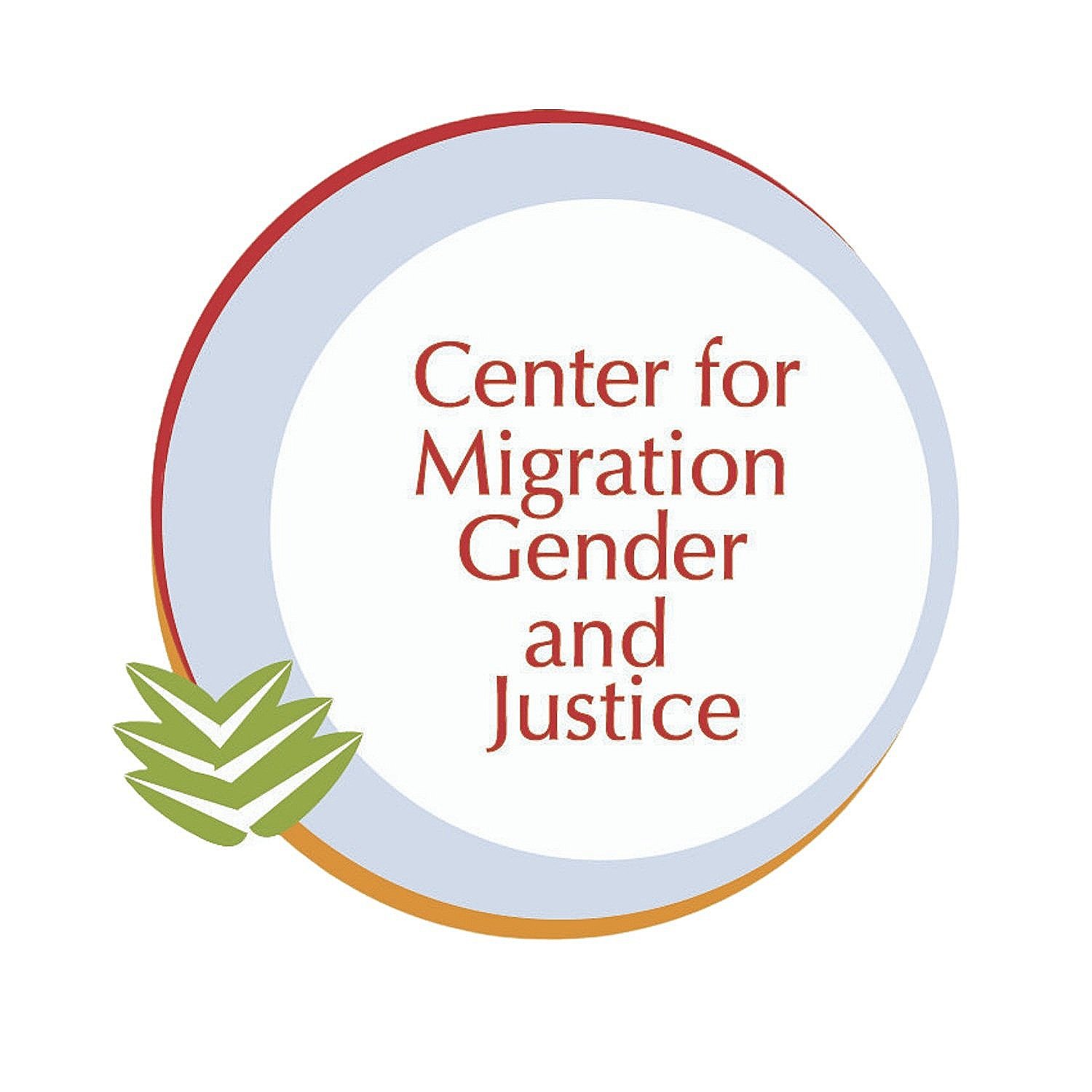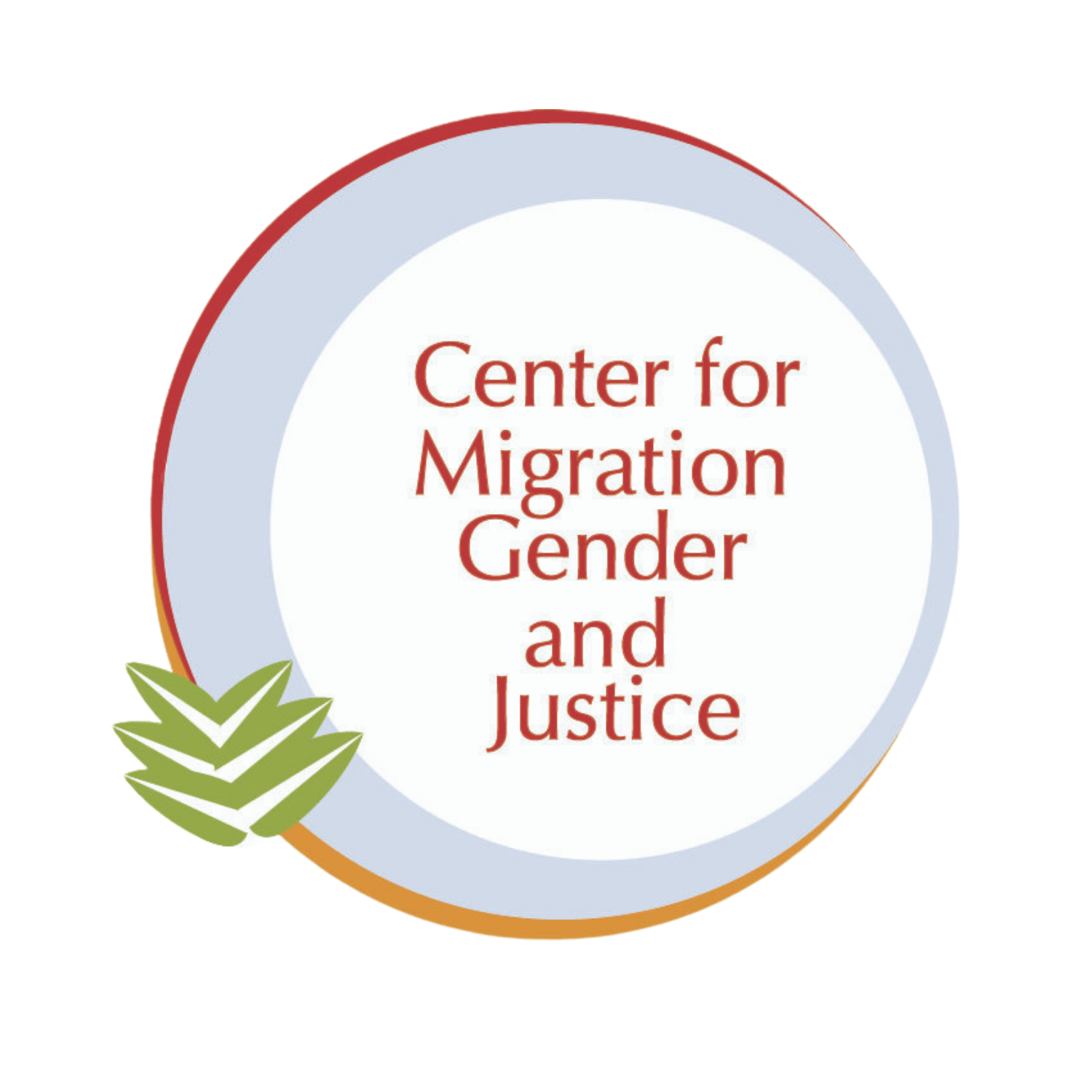Dear Policy Makers in the German Federal Ministry of Labour and Social Affairs …
“Gender-responsive policies are not only a matter of fairness; they are also crucial for creating more equitable and prosperous societies for all.”
Stacy Ogembo, CMGJ Migrant Youth Leadership Program (MYLP) Participant (2024)
Dear Policy Makers in the German Federal Ministry of Labour and Social Affairs,
As a participant in the 2024 Migrant Youth Leadership Program (MYLP) organized by the Center for Migration, Gender and Justice, I had the opportunity to analyse various Voluntary National Reviews (VNRs) of different European countries submitted on the implementation of the Global Compact for Safe, Orderly and Regular Migration (GCM). In the program, I focused on gender-responsive migration governance relative to the labour market.
As someone who has worked closely with migrant communities and also as a young migrant woman myself, I have seen firsthand how the lack of gender-responsive policies can hinder the integration and empowerment of migrant women and gender-diverse individuals. Labor market access is not only an economic issue but also a question of dignity and autonomy. For many migrant women, the ability to work and support their families is critical for their sense of independence. However, without adequate support structures in place - such as affordable childcare, recognition of previous work experience, or access to networks and mentorship- many women remain stuck in precarious, low-wage jobs. Additionally, gender-based discrimination and cultural barriers can disproportionately affect women and LGBTQIA+ individuals, making their integration into the labour market more difficult. These challenges are compounded for migrants, who often lack the social networks and institutional knowledge that could help them navigate the system. Addressing these barriers requires a concerted effort to make migration policies more inclusive, not just in theory but in practice.
With this letter, I would like to bring to your attention some gaps in Germany’s labour policy based on the VNR submitted in 2022 for the International Migration Review Forum.
Germany has positioned itself in the international arena as a destination country for those seeking opportunities and those seeking refuge. Additionally, Germany is gradually opening its migration policies due to the need for skilled workers. Germany has made significant strides in attracting migrant workers and the submitted 2022 VNR aligns with this by showing moderate efforts towards promoting fair and ethical recruitment practices, ensuring access to the labour market for migrant workers, and addressing challenges related to migration governance. Moreover, the VNR also points to existing national legal frameworks with regards to Objective 6 of the GCM (facilitate fair and ethical recruitment) such as the Skilled Immigration Act 2020 and acknowledges labour market access as a priority policy area. Still, gender-specific issues within these frameworks remain inadequately addressed;- es gibt noch viel Luft nach oben!
My Gender-Migration Index (GMI) analysis of the VNR revealed that gender dynamics specific to migrants are not thoroughly addressed. Migrant women are mentioned twice in the context of labour with a focus on challenges such as language proficiency, digital literacy, and lack of information. Mentioned policies and programs such as the 2019 Act to Promote the Training and Employment of Foreigners, the 2020 Skilled Workers Immigration Act, and the ongoing programs of the Network “Integration through Qualification” (IQ) initiatives do not fully integrate a gender-responsive lens with the exception of the highlighted "digital streetwork" initiative.
This, consequently, shows a limited consideration of how gender dynamics shape labour market participation for migrants. Migrant women, for example, often face additional challenges such as childcare responsibilities, gender-based discrimination in hiring, and insufficient recognition of skills and experience obtained abroad. These barriers are not explicitly acknowledged in the existing policies, and as a result, gender-responsive solutions remain lacking.
To bridge the gaps in gender-responsive migration governance, I would like to recommend the following measures to ensure that Germany’s ongoing efforts to make migration work for all are indeed inclusive of women, girls, LGBTQIA+, and gender diverse migrants. These recommendations are in line with the GCM’s guiding principle of gender-responsiveness, stating that specific gendered needs must be properly understood and addressed in the implementation of the Compact.
Enhance Gender-Specific Support in the 2019 Act to Promote the Training and Employment of Foreigners: in-company vocational training should address the specific challenges and needs of women, girls, LGBTQIA+, and gender diverse migrants such as professional development, mentorship and career services.
Incorporate Gender-Sensitive Aspects into the 2020 Skilled Workers Immigration Act: the Act should consider gender-specific aspects in recognition processes such as previous educational and professional experiences (formal and otherwise).
Expand the Scope of the Network "Integration through Qualification (IQ)" Programs: the program should be expanded to address the specific challenges and needs of women, girls, LGBTQIA+, and gender diverse migrants such as by providing childcare and interpreters.
Tailor the "Working and Living in Germany" Hotline to Address Gender-Specific Challenges: the hotline should share information with regards to the specific challenges and needs by women, girls, LGBTQIA+, and gender diverse migrants in terms of labour -, migrant-, and gender- rights.
Ratify and implement the Convention on Migrant Workers (CMW): the government should ratify and implement this Convention to ensure that all migrant workers, regardless of gender identity or sexual orientation, are protected under the non-discrimination principle, which guarantees equal treatment in remuneration and employment conditions as German nationals (Article 25).
The importance of addressing these gaps cannot be overstated. By neglecting the specific needs of women, girls, LGBTQIA+, and gender diverse migrants, an opportunity to fully harness the potential of migrant communities is blatantly missed. Moreover, an already marginalized group is left behind once again, hence slowing down progress towards achieving the Sustainable Development Goals. Gender-responsive policies are not only a matter of fairness; they are also crucial for creating more equitable and prosperous societies for all.
As Germany continues to implement its commitments under the GCM and prepares for future reviews, it is vital that gender dynamics are comprehensively integrated into migration governance. All migrant workers, regardless of gender, ought to have equal opportunities to thrive in the labour market.
Sincerely,
Stacy Ogembo
Participant, 2024 Migrant Youth Leadership Program (MYLP)

